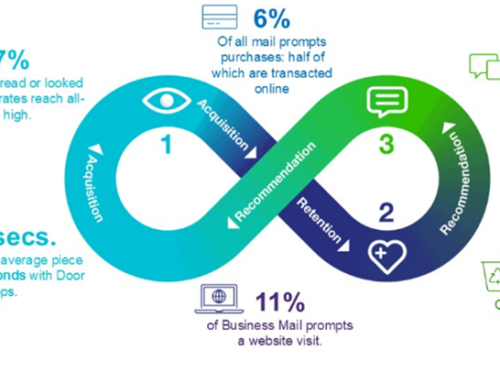As we rang in the New Year the collapse of Communisis marked a less than auspicious start for the industry.
Tom Preston-Werner’s famous quote: “You’re either the one that creates the automation or you’re getting automated” has never been more pertinent.
In an era where digital transformation is reshaping industries, the direct mail sector, traditionally reticent to change, is now standing at the crossroads of innovation and tradition. The crux of this transformation is automation, a concept that is essential for the future of the industry.
Automation in direct mail streamlines processes including sorting, addressing, and packaging. This mechanisation significantly reduces the time and labour involved, translating to lower operational costs and higher efficiency. By minimising manual interventions, automation also reduces the margin for error, ensuring greater accuracy.
Another advantage of automation is the ability to personalise direct mail on a large scale. Through automated systems, content can be customised based on consumer data, making each piece of mail more relevant to its recipient. This level of personalisation, which is impossible manually, is proven to enhance customer engagement and significantly increase response rates. Of course, at the heart of effective personalisation lies targeting and data hygiene. Today, through automation, data cleansing solutions are better than ever. For example, we’ve invested heavily in creating fully automated solutions by leveraging advanced algorithms and machine learning techniques. We can automatically detect and rectify data inconsistencies, redundancies, and errors in real time with no intervention required. And whilst, all of this is done by a machine, we’ve maintained the human side so that people deal with people. This balance is crucial.
But automation isn’t just key for all of us involved in direct mail production. It is also critical for Royal Mail. For the postal operator to remain competitive this year, it too will need to further embrace automation, modernising its operations to increase efficiency, reduce costs, and improve service quality. Let’s hope that in 2024 Royal Mail can find its feet again using Ofcom’s review of USO – and fingers-crossed a much-needed shake up – as a springboard. A more efficient Royal Mail will impact the whole direct mail sector.
In 2024 the importance of automation in the direct mail industry cannot be overstated. This is an industry that has had its ups and downs, but ultimately (and fundamentally) there is still very much a place for mail in the marketing arsenal. The most recent research from WARC and JICMAIL shows that all effectiveness measures are on an upward trajectory, not to mention that consumers trust mail more than any other marketing channel. Consequently, as we move forward, those who adopt and adapt to these changes will lead the industry into a new era of innovation and success. Onwards!





